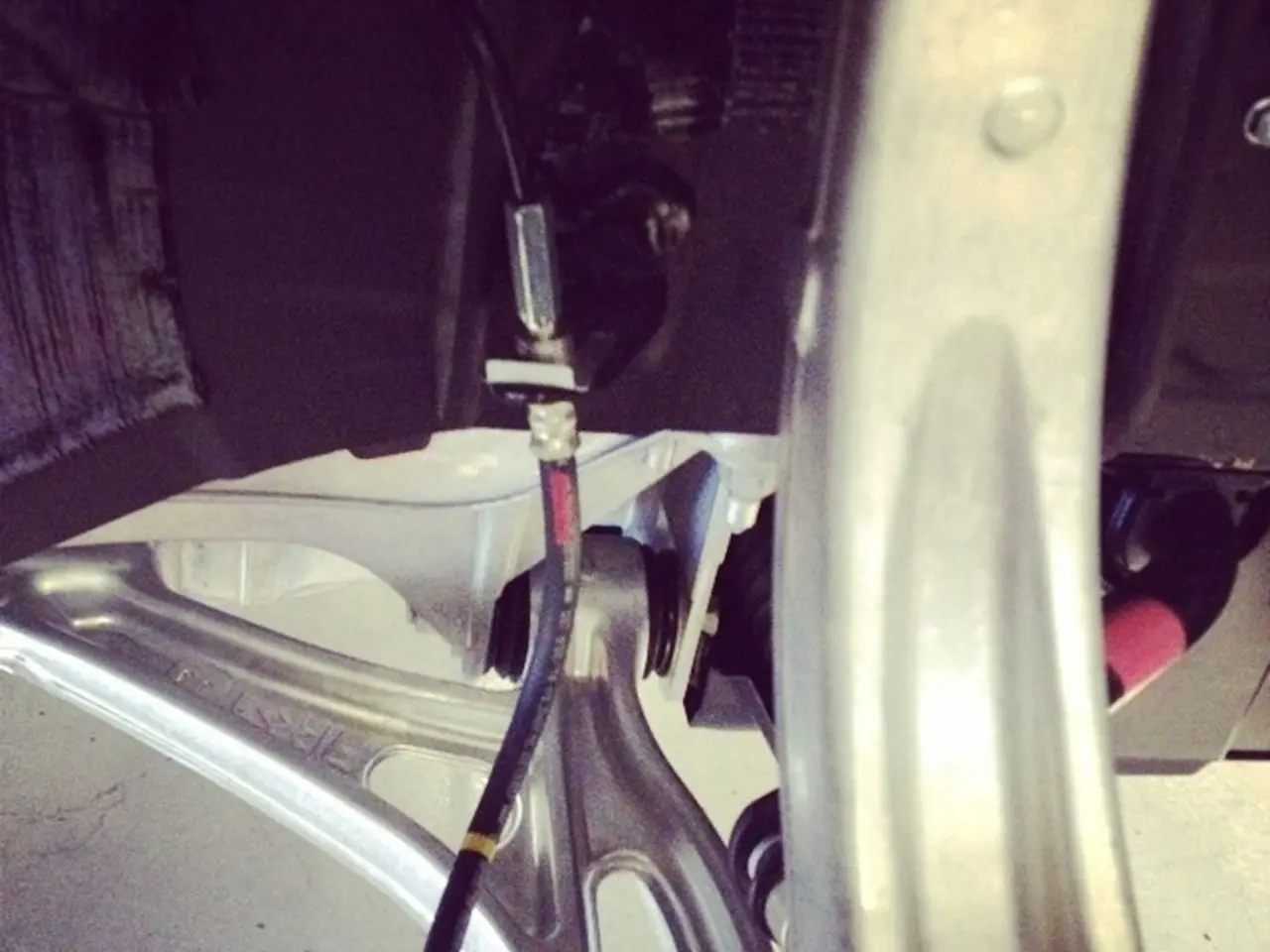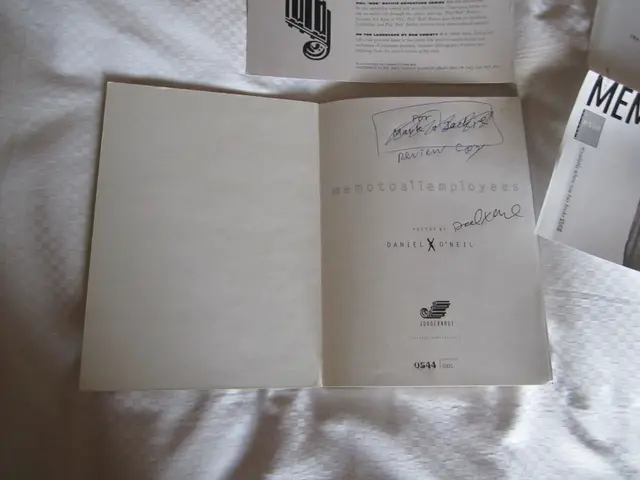Boston Metal pioneers path towards commercialization for eco-friendly steel production process
The steel industry, responsible for 7-9% of global emissions, is poised for a significant shift with the imminent commercialization of Boston Metal's groundbreaking steelmaking process. This innovative technology, which has received over $400 million in investments, promises to reduce greenhouse gas emissions and combat pollution.
Boston Metal, founded in 2012 as a commercial spin-off from metallurgical advances developed at the Massachusetts Institute of Technology (MIT), has been at the forefront of this revolutionary change. The company, which includes MIT researchers Donald Sadoway, Antoine Allanore, and James Yurko among its founders, demonstrated emission-free steel production using its technology in 2013.
The technology used by Boston Metal refines iron through a process called molten oxide electrolysis (MOE), which does not burn any fuel. In this process, iron ore dissolves in an electrolyte solution, contaminants are left behind, and the purified molten metal settles to the bottom of the chamber. This process produces a small fraction of the emissions generated by traditional fossil fuel-fired blast furnaces.
The steelmaking process developed by Boston Metal uses electricity to remove contaminants from iron ore. This means that the greenhouse gas emissions associated with the technology are primarily linked to the electricity used to power it. However, with the increasing shift towards renewable energy sources, this could become a less significant concern in the future.
One of the most promising aspects of Boston Metal's technology is its potential to replace traditional Direct Reduction of Iron (DRI) processes. Current DRI methods burn natural gas to remove contaminants from iron ore, contributing to emissions. Hydrogen-fueled DRI is considered the most promising emerging alternative, but its widespread adoption is currently hindered by the scarcity and expense of hydrogen created using renewable energy.
Boston Metal's technology, on the other hand, releases no carbon dioxide, only oxygen. This makes it a highly attractive solution for the steel industry, which is expected to see a demand for low-emissions steel increase by at least 6.7 million tons by 2030.
Seven coal-fired steel plants remain in operation in the United States, contributing to high pollution levels in the cities where they are located. The commercialization of Boston Metal's technology could help to address this issue, reducing pollution and contributing to a cleaner, more sustainable future.
As Boston Metal nears its first revenue, the future of the steel industry looks promising. With continued investment and development, this innovative technology could revolutionize the industry and help to combat climate change.
Read also:
- Tata Motors Establishes 25,000 Electric Vehicle Charging Stations Nationwide in India
- Tesla's Nevada workforce has escalated to a daily output of 1,000 Powerwall units.
- AI-Enhanced Battery-Swapping Station in Southeast Asia Officially Opens Its Doors
- G7 leaders convene prior to the upcoming Hiroshima Summit, under the guidance of JAMA heads.








